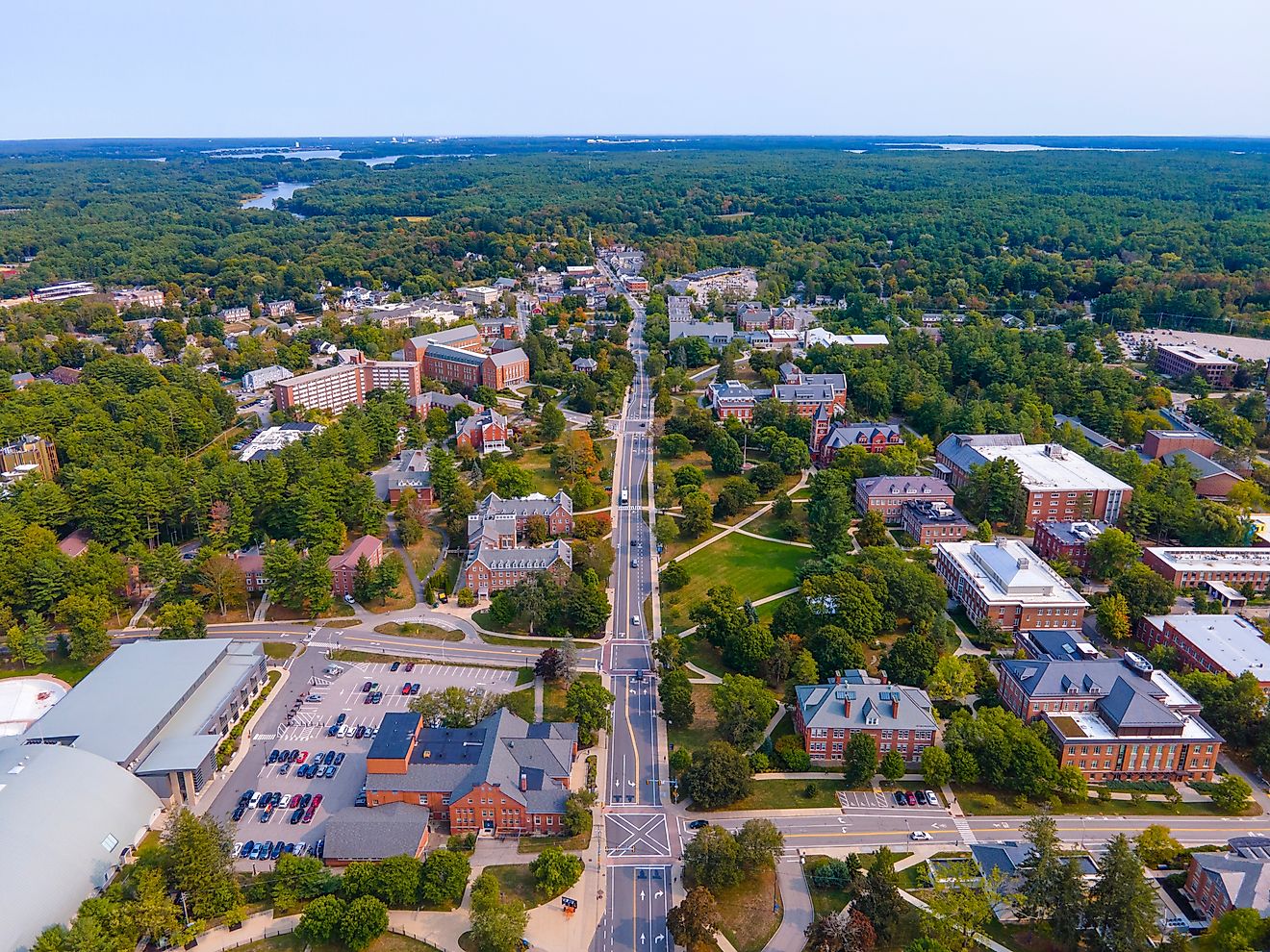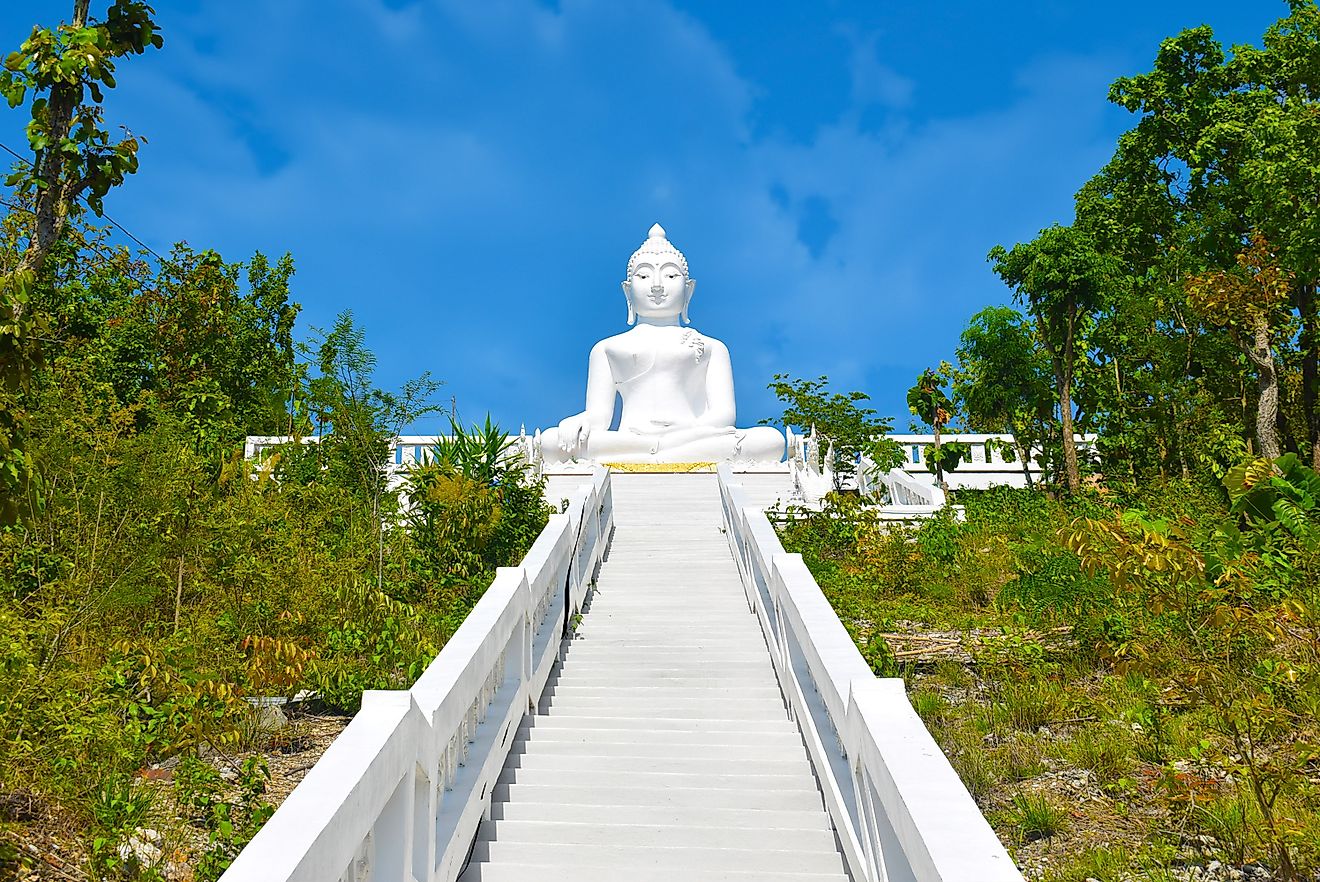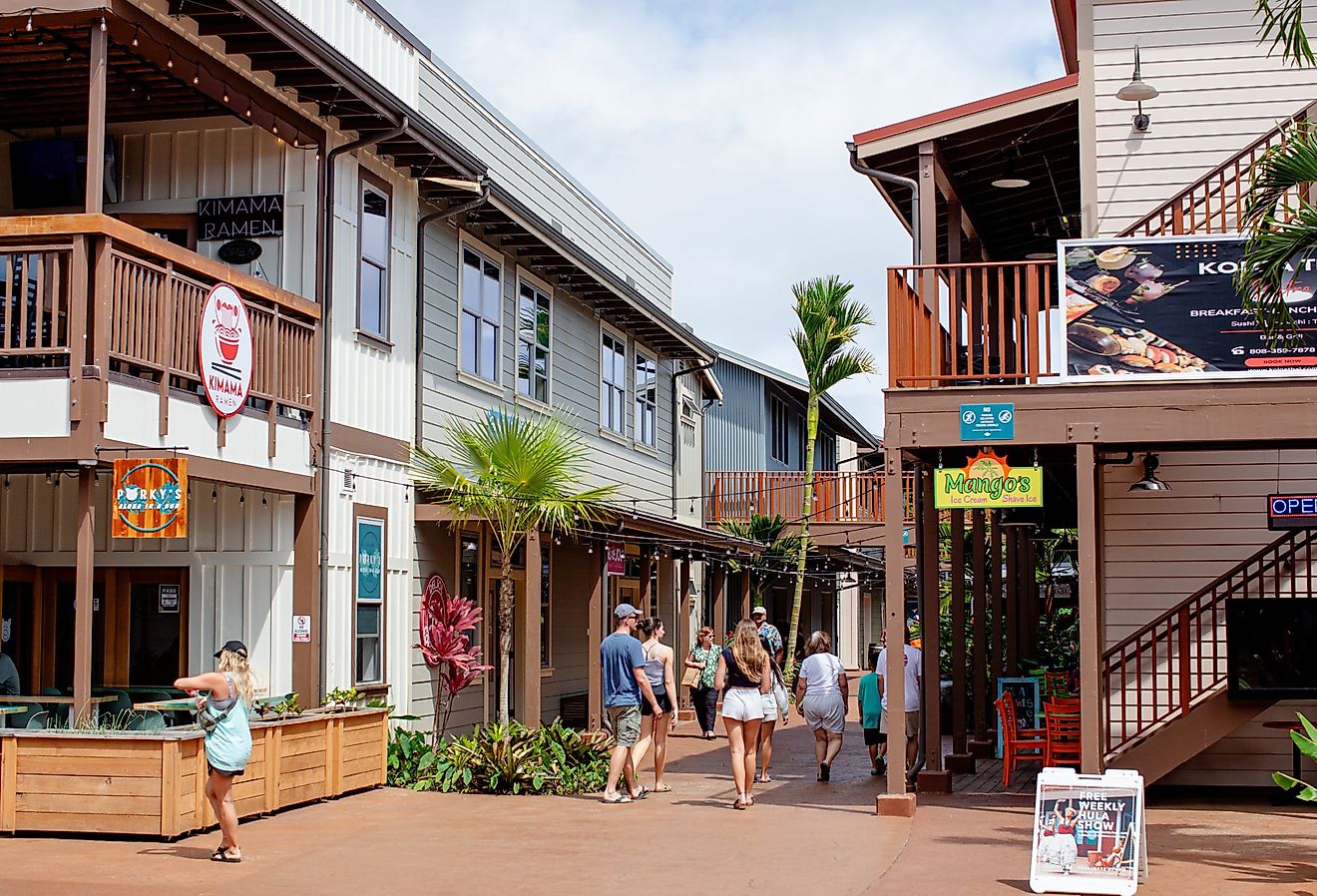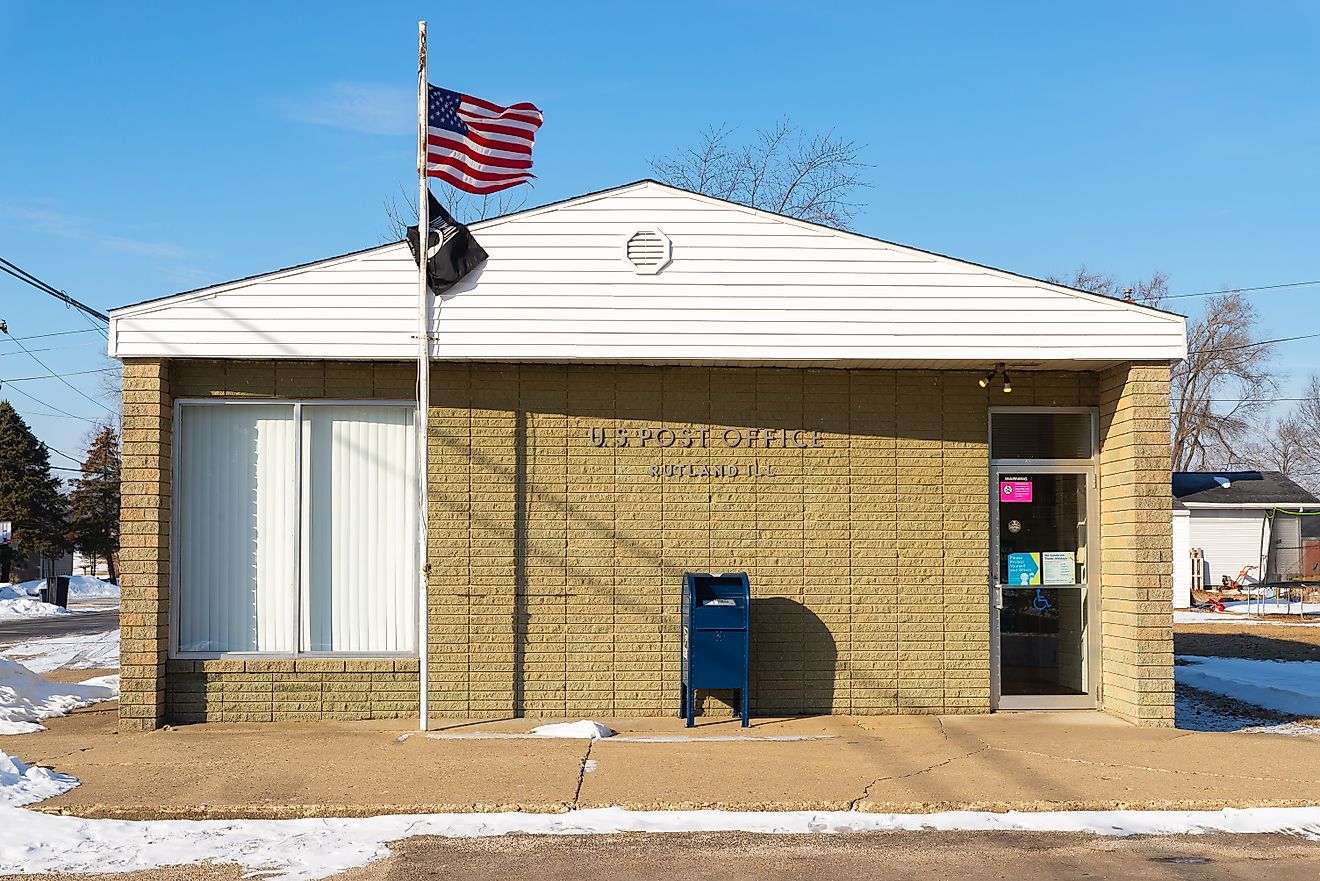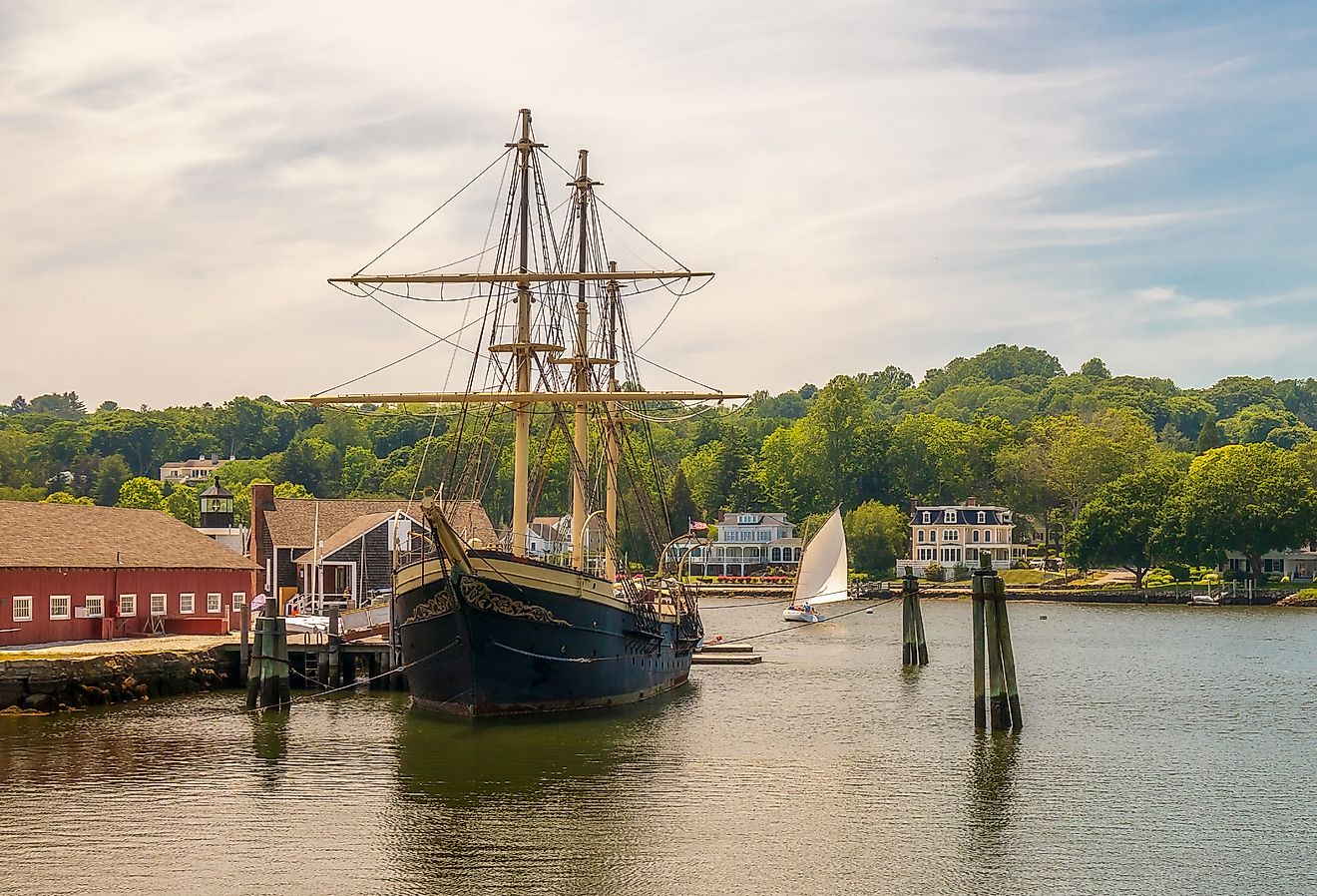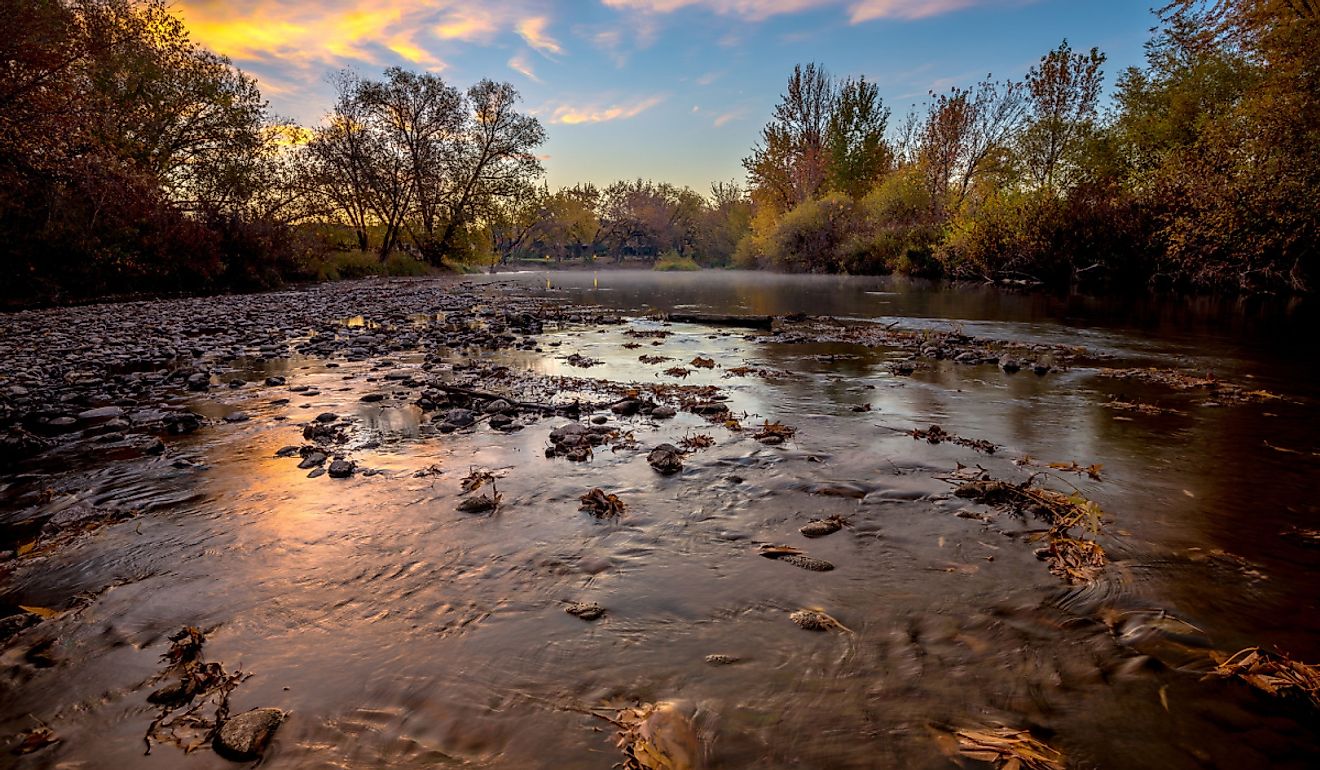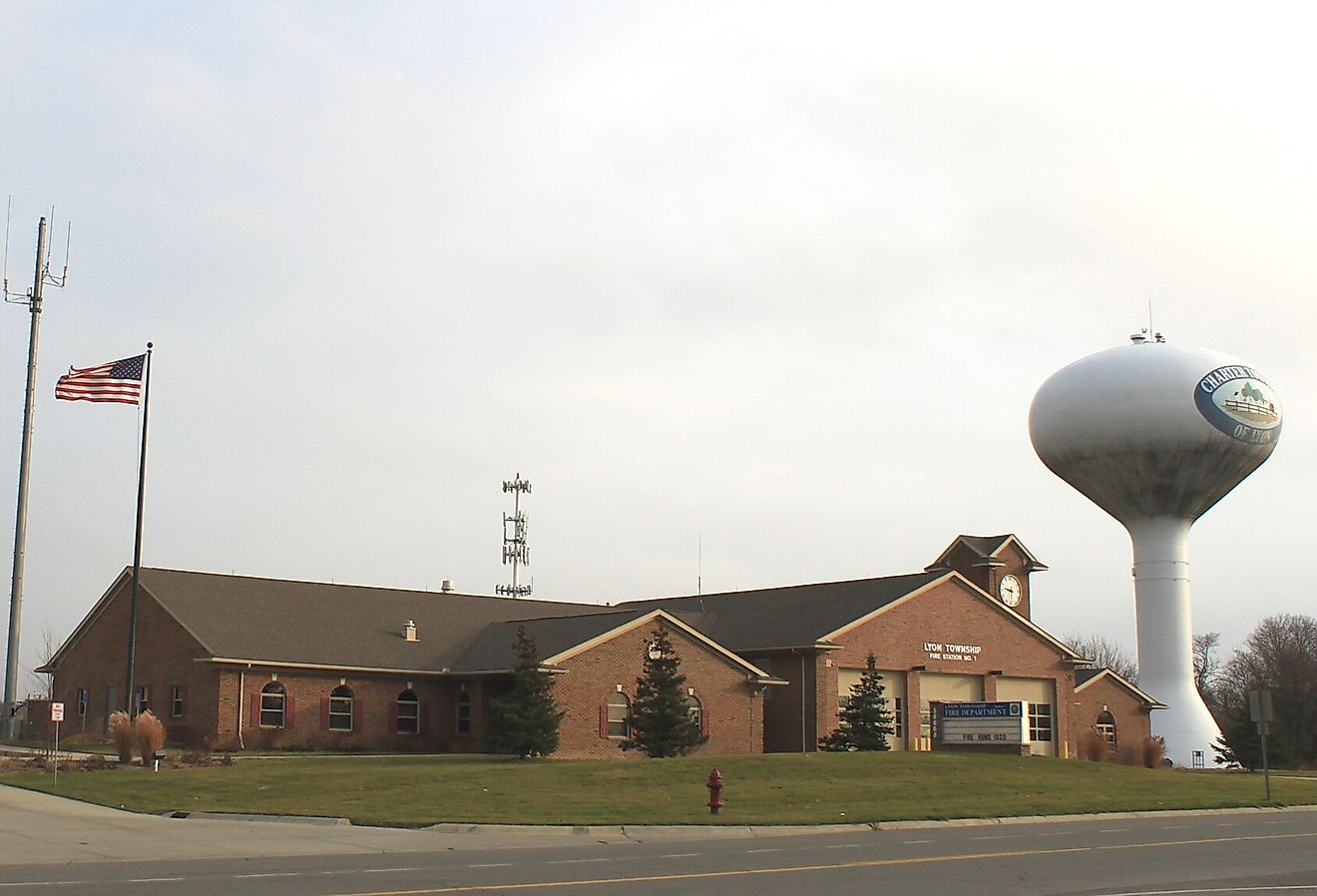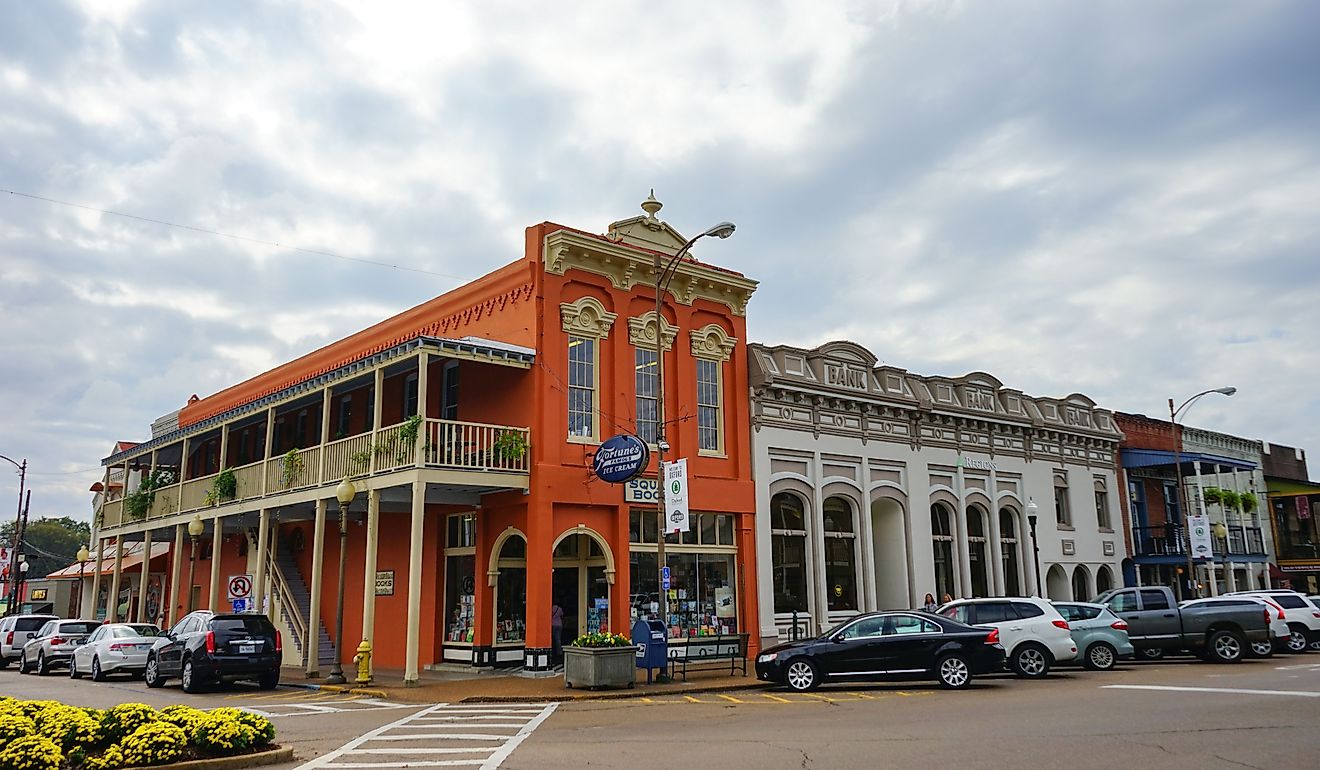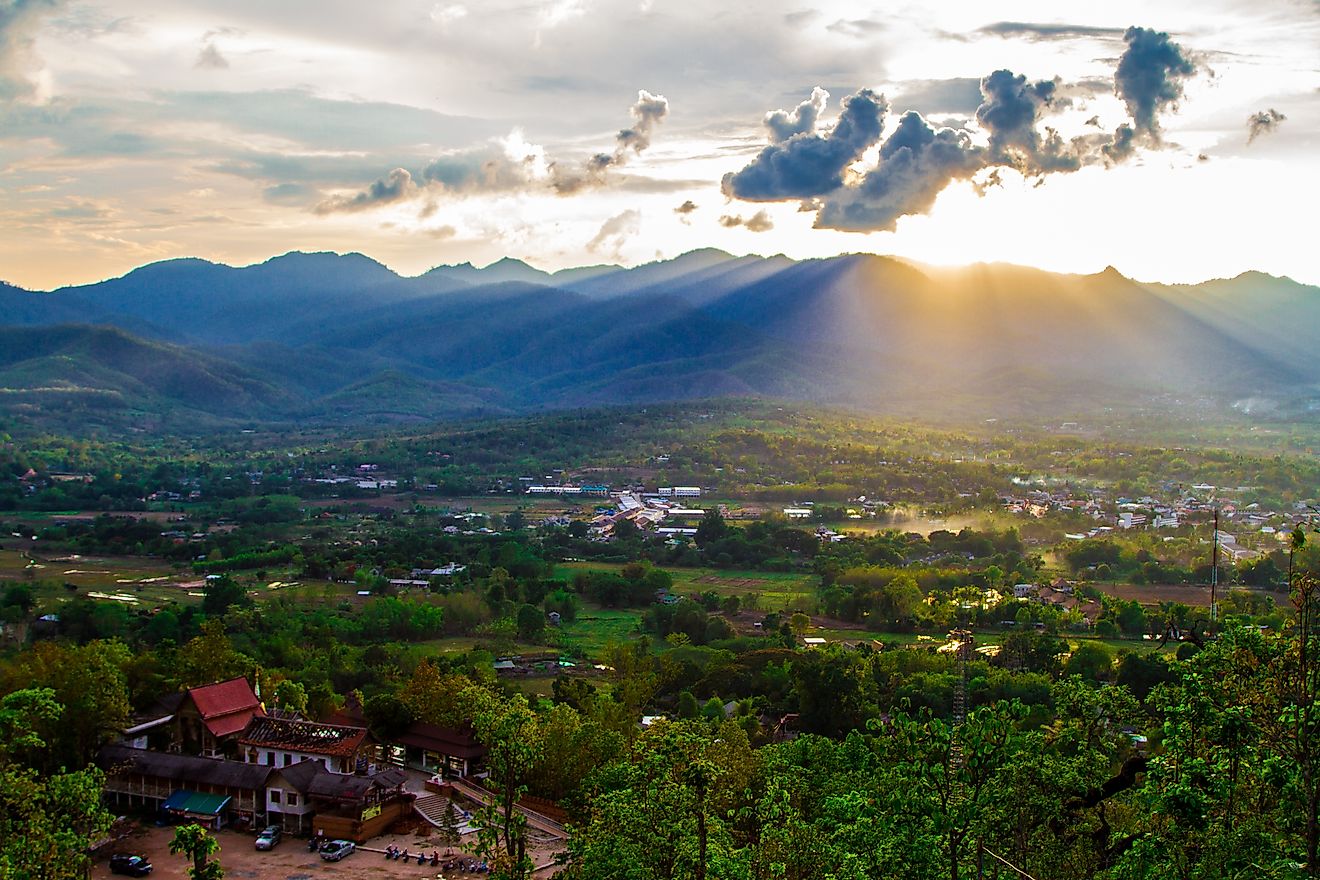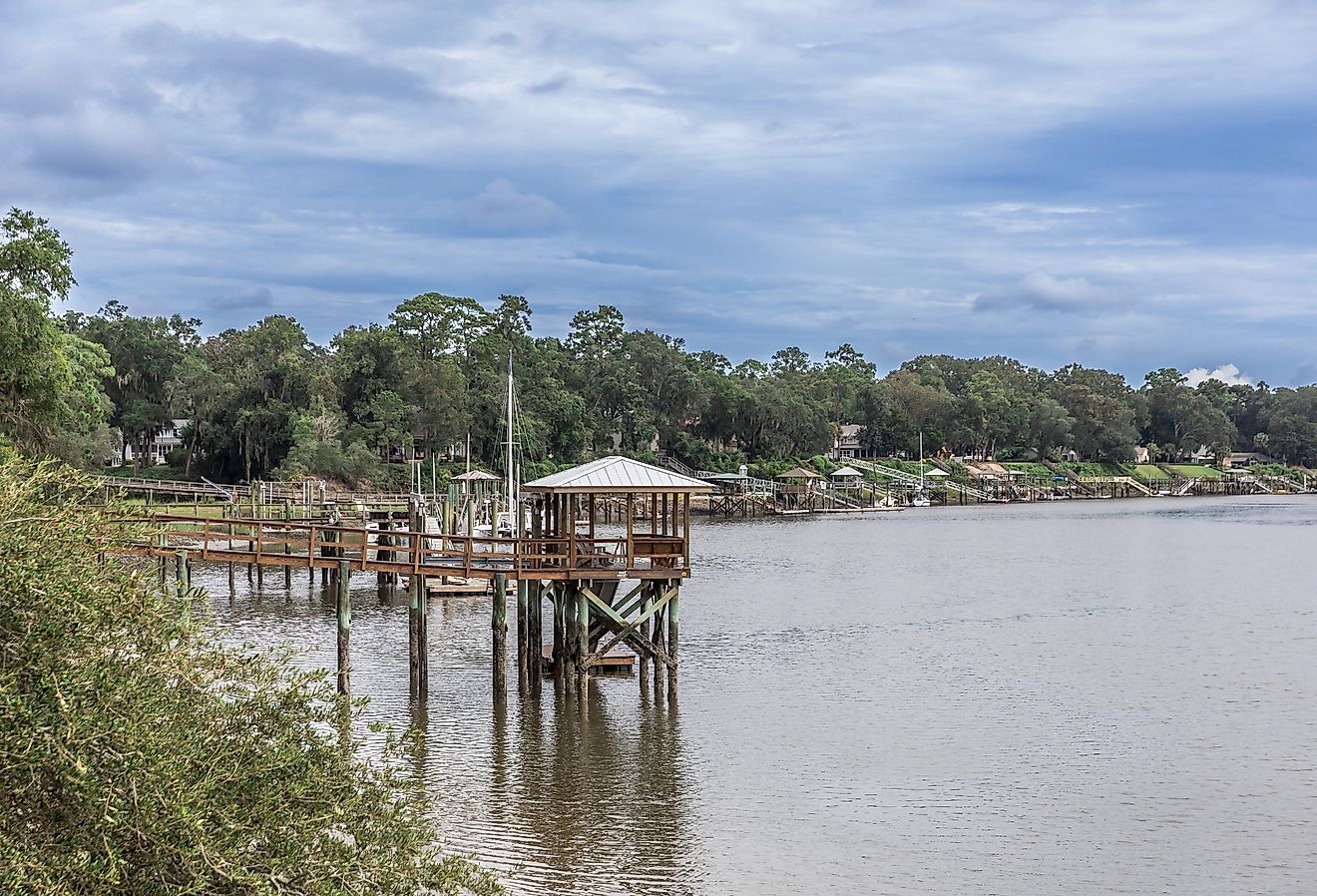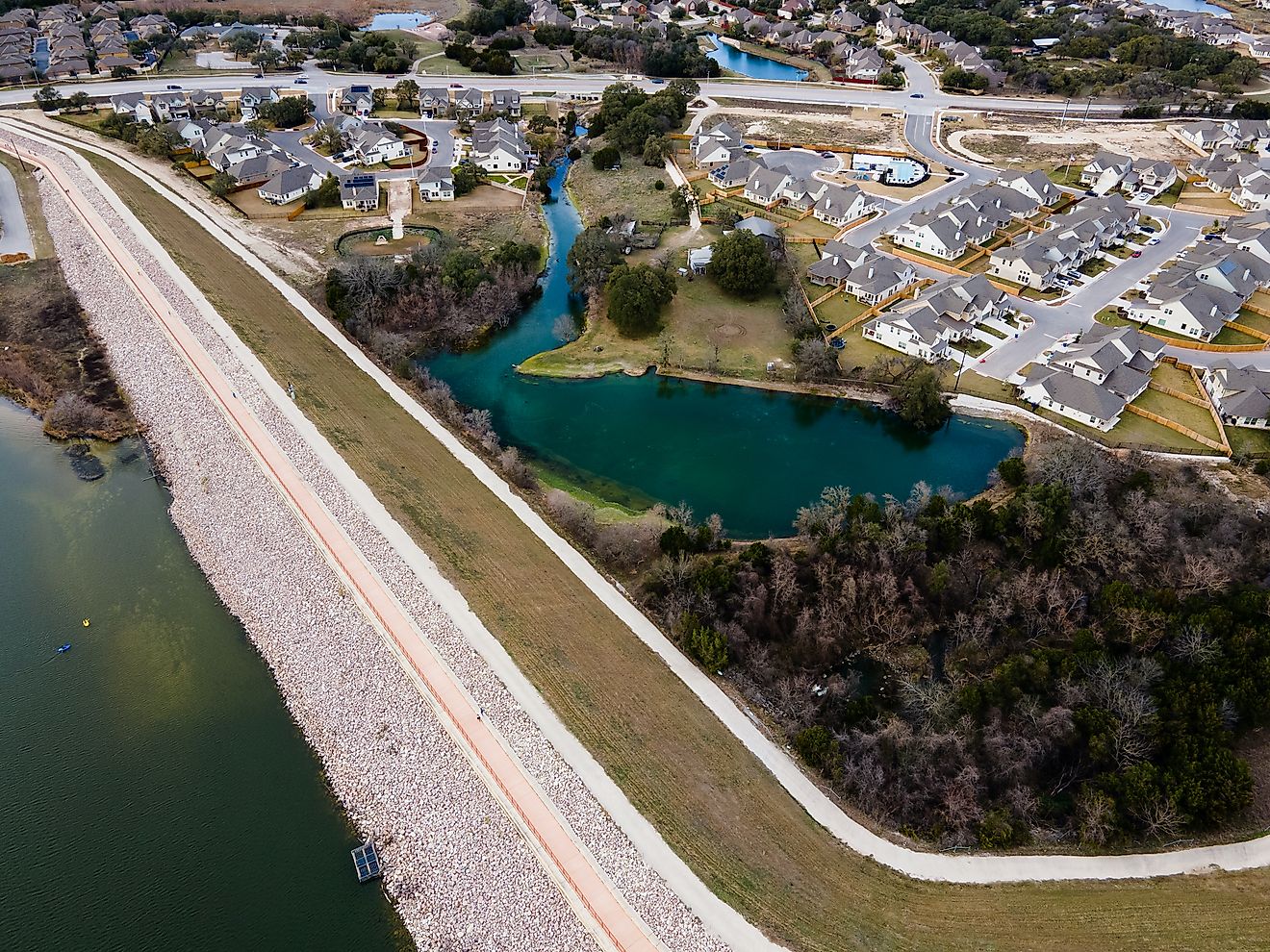10 Things You Didn't Know About Bhutan

10. It is home to Gangkhar Peunsum - the highest unclimbed mountain in the world.
Bhutan is home to Gangkhar Peunsum - the world’s highest unclimbed mountain. The mountain’s tallest peak is 24,840 ft and is located close to the border with China. The first mountaineering expedition to the summit in 1984 was unsuccessful, three subsequent attempts between then and 1986 were also unsuccessful. In 1998, a group of mountaineers successfully climbed to a subsidiary peak from the Tibetan side of the mountain. In 2003, the government of Bhutan completely banned attempts to climb the mountain to protect the local religious beliefs. In 1999, a team of Japanese climbers attempted to climb to the top of the mountain after acquiring a permit from China, but the attempt was called off after Bhutan complained to China.
9. It is home to rare species like the golden langur.

The golden langur is an endangered primate endangered to Bhutan and the areas bordering it. It is estimated that less than 4,000 individuals are left in the wild due to loss of habitat particularly mainly through deforestation. A hybrid species of the capped langurs and golden langurs have been sighted in southern Bhutan, a situation that could wipe out the golden langur as a distinct species. The traits of the capped langur are more dominant in the hybrid, and researchers have determined that it is more fertile than the individual species, a situation that may compound more to the extinction of the golden langur.
8. There are no traffic lights in its capital city.
The capital city of Thimphu is one of the two capital cities in the world without traffic lights (the other being Ngerulmud in Palau). The local authorities attempted to erect traffic lights in the city, but there was a public backlash. Many considered the lights inefficient and ineffective, especially when compared to the to preferred traffic policemen. Today, traffic police stand on particular points in the city directing traffic through arm movements.
7. It created the idea of gross national happiness.
The people of Bhutan prefer happiness to wealth. The ideology of Gross National Happiness was created by Jigme Singye Wangchuck, a former King. Unlike other countries who base success on the amount of wealth it owns, the king values the living conditions of the people and their social life.
6. It has never been colonized.
Bhutan is among the countries that have never been governed, occupied, or conquered although some sources state that it was part of the Tibetan Empire between the 7th to 9th century. In 1910, Bhutan recognized the Suzerainty of Britain in exchange for autonomy under the Treaty of Punakha. In 1949, Bhutan signed a treaty of friendship with India in which India would guide the foreign policy of Bhutan, the treaty was later renegotiated in 2007 and the provision removed, allowing Bhutan to run its own foreign policies. Its policies are similar to that of India and cooperation among the two states has been stable.
5. Bhutan is the only country that absorbs more CO2 than it gives out.

Bhutan is the only country in the world that absorbs more CO2 from the atmospherethan it releases. The carbon sink environment occurs because forests cover 72% of the country, and the state has a small number of industries. It is estimated that the annual absorption of CO2 is 6 million tons of carbon yet it produces only 1.5 tons of the gas. The constitution safeguards the carbon neutrality of the state, and several amendments have enacted including banning the export of timber and wood products, ensuring that not less than 60% of the country is under forest cover and that people would enjoy free hydroelectric power. Plastic bags have also been banned in the country.
4. Its national animal is the takin.
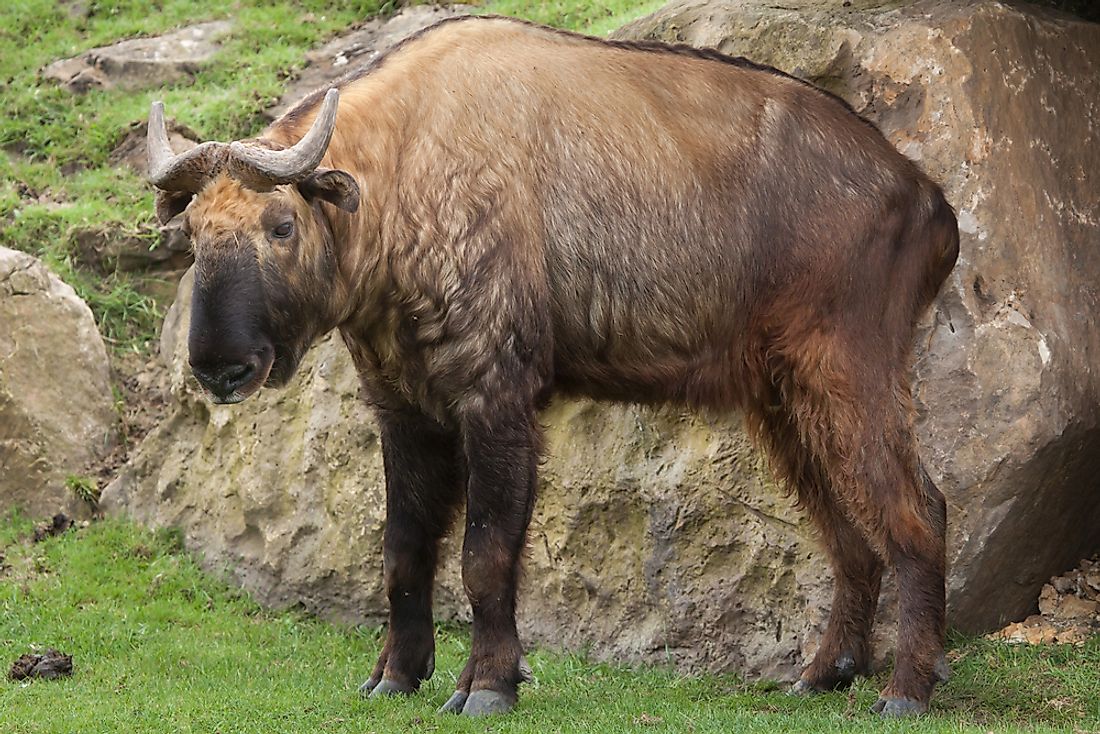
The takin or gnu goat is the national animal. The animal is so unusual and uncommon that many have neither heard of it or seen it. The Bhutanese believe that their divine madman who lived between 1455-1529 created the animal. During a visit to Bhutan, the public demanded that he should perform a miracle, he demanded a cow and a goat for lunch. He devoured the animals and put the goats head on the cow’s bones, clicked his finger and the animal came to life taking its current form.
3. It is the smallest state located entirely within the Himilaya mountains.
Bhutan is the only country that is entirely enclosed within the Himalaya Mountains. It is also one of the smallest countries in Asia with an area of 14,824 square meters. Its population is approximately 780,000, a majority of whom are Buddhists. It is located in the Eastern Himalayas in South Asia and only borders China to the north and India to the south.
2. Its largest export is hydroelectricity.
Bhutan produces more electricity than it requires. Its citizens access free electricity and the rest is exported to neighboring countries. In cooperation with India, Bhutan generates and exports power to India who further exports it to Nepal and Bangladesh. In 2015 it exported $36.5M worth of power. It is estimated that the country has a coal reserve of 1.3 million tons but consumes only 1000 tons annually.
1. If you ever visit, you can get a postage stamp of your face made.
Anyone can get a personalized postage stamp with their face as the image. For $4 one can get a dozen postage stamps. Tourists send postcards home with their faces on their stamps to surprise their families. The post office in Thimphu is considered friendly to tourists and customizes the stamps for tourists.
